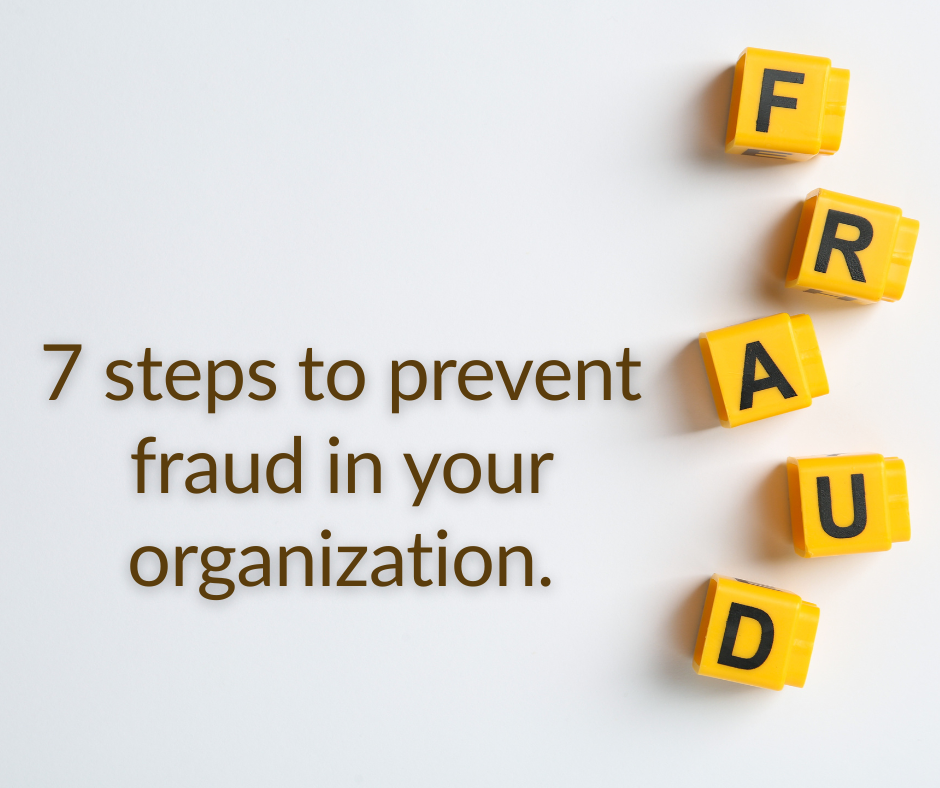Embezzlement is a serious financial crime that quietly drains companies of their hard-earned assets. Often occurring under the radar, it can devastate businesses—especially small and mid-sized organizations that lack the internal controls necessary to detect fraud early. Many business owners assume their team members are trustworthy, yet statistics reveal that embezzlement is alarmingly common across industries.
The Reality of Embezzlement
Embezzlement happens more often than many people think. According to the Association of Certified Fraud Examiners (ACFE), businesses lose approximately 5% of annual revenue to fraud. Small businesses, particularly those with fewer financial oversight controls, are the most vulnerable—accounting for 28% of all fraud cases. Shockingly, the average embezzlement scheme lasts around 14 months before detection, leading to significant financial distress.
Who does it impact the most?
- Small and medium-sized businesses with limited financial oversight
- Nonprofits that rely on donor funding and often lack strict financial controls
- Privately owned companies where a single individual may oversee financial management
- Entrepreneurs and family-run businesses, where personal relationships can blur professional accountability
Financial distress due to embezzlement can result in layoffs, legal consequences, broken trust, and even business closure. That’s why proactive prevention is critical.
Best Practices to Prevent Embezzlement
1️⃣ Establish Strong Internal Controls Ensure segregation of duties, meaning no single person should handle financial transactions without oversight. Having multiple layers of verification prevents unauthorized fund transfers.
2️⃣ Conduct Regular Audits Routine internal and external audits create transparency and uncover inconsistencies before they escalate. Independent financial reviews safeguard against fraudulent activity.
3️⃣ Implement a Checks and Balances System No one person should control payments, bookkeeping, and financial reporting. Divide these responsibilities among multiple employees to reduce the risk of fraud.
4️⃣ Use Secure Accounting Software Leverage automated accounting solutions that provide real-time oversight, encrypted financial transactions, and fraud detection features.
5️⃣ Monitor Employee Behavior Warning signs of embezzlement often include:
- A sudden change in an employee’s financial situation
- Unwillingness to share financial records or accounting data
- Excessive control over financial transactions
- Complaints about audits or oversight
6️⃣ Encourage Whistleblower Reports Create a safe reporting system where employees can anonymously flag suspicious activity. Many cases of fraud are uncovered because of employee reports—having a culture of transparency is key.
7️⃣ Partner with Financial Experts Professional guidance can protect your business from financial fraud. solidCore CFO provides strategic financial oversight, customized financial controls, and risk assessment solutions to help companies safeguard their assets.
solidCore CFO: A Trusted Partner in Preventing Embezzlement
Business owners cannot afford to ignore the risk of financial fraud. At solidCore CFO, we help companies develop fraud prevention strategies, conduct audits, and implement accountability measures to ensure financial integrity. Our team works closely with business owners to identify vulnerabilities and build defenses against fraud.
Don’t let fraud cripple your business—take proactive steps today. Visit us at solidCoreCFO.com to start a conversation.


